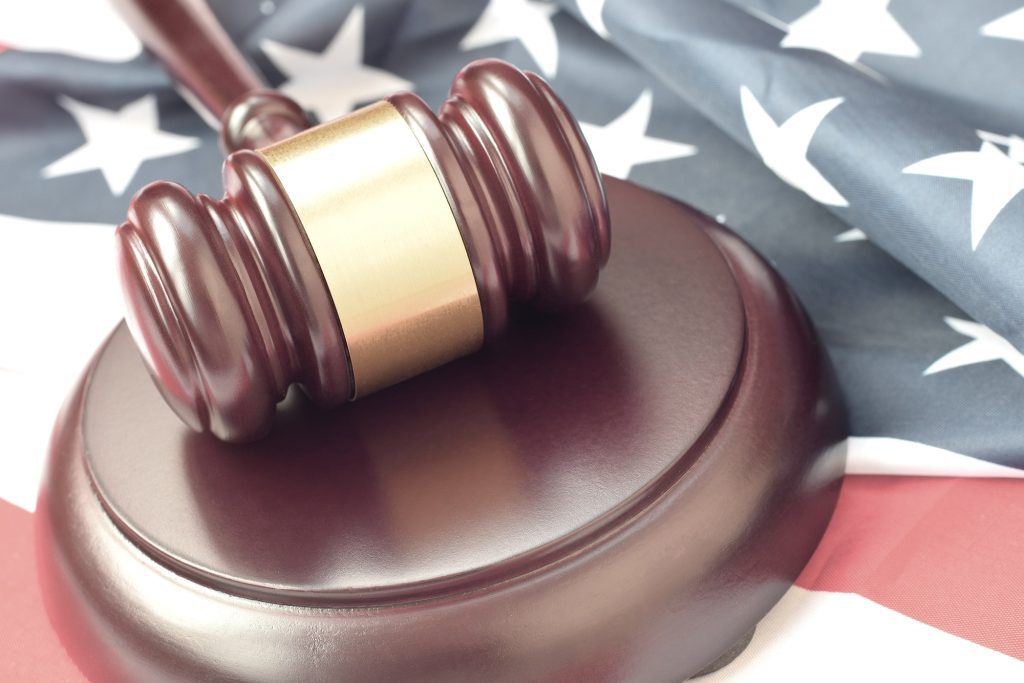Case of alleged technology theft affecting US national security
The US Department of Justice stated that the technology allegedly stolen would be dangerous to US national security if obtained by international actors.

The US Department of Justice filed charges in two distinct cases on 7 January regarding alleged ‘sophisticated schemes to transfer sensitive technology, goods, and information’ to the advantage of the Iranian and Chinese governments.
The first case concerned the arrest of Chenguang Gong, a former engineer from San Jose, accused of stealing trade secret technologies from a Southern California company that are crucial for US national security.
Gong is alleged to have transferred over 3,600 files containing sensitive infrared sensor technology to personal storage devices. This technology is vital for space-based and military applications, including the detection and tracking of missile launches, underscoring the severe economic and security risks posed by such theft. The investigation into Gong’s actions reveals his prior attempts to contribute to China’s military capabilities through involvement in talent programs, underscoring the complex implications for US national security.
The second case involves Abolfazi Bazzazi, 79, and his son Mohammad Resa Bazzazi, 43, who are accused of breaking export laws and disregarding sanctions in order to purchase and export aerospace-related equipment to Iran. Their activities from 2008 to 2019 were aimed at supporting Iranian government initiatives. This case highlights the difficulties the United States faces in stopping the transfer of sensitive technology to countries under sanctions.
These two cases fit into a larger pattern of international efforts to illicitly acquire US technology. Attorney General Matthew Olsen’s remarks on the critical importance of safeguarding US technologies, underline the ongoing challenges in preventing technology theft and espionage.
Reflecting on these incidents, it’s evident that safeguarding technological innovations is crucial. The US continues to confront significant hurdles in protecting its technological advancements from foreign threats, underscoring the necessity of vigilance and stringent legal actions to protect national interests.
